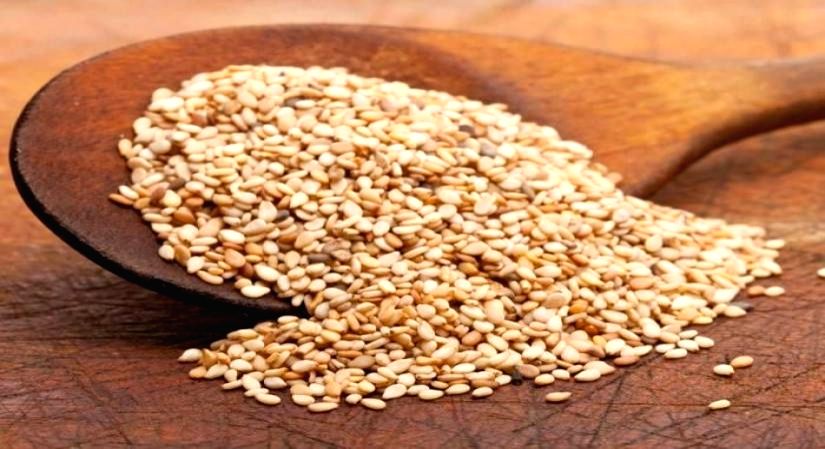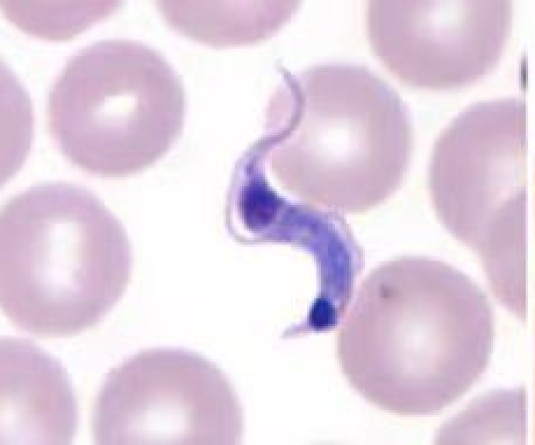Enjoy guilt-free calcium

New Delhi, February 9 (IANSlife) If you think milk and milk products are the only good sources to obtain dietary calcium, think again! You can very well meet your daily recommended allowance of calcium even if you turn vegan or completely plant-based.
Of late, milk has earned a bad rap for being a controversial dietary ingredient. The reason being the presence of pro-inflammatory substances in milk (more research is needed to conclude this) and more and more people developing intolerance towards lactose- a type of sugar found in milk and milk products. This has made a lot of people include calcium supplements to meet the daily requirements. But, you can very well meet the dietary calcium needs from natural food sources too. Here are the top non-dairy plant-based calcium food sources, shared by Nmami Agarwal, Founder & CEO, Nmami Life.
Soy
Soy is an excellent source of dietary calcium with 100 grams of soybeans providing you approximately 280 milligrams of calcium. Soy is also a rich source of plant-based protein. It can be consumed as boiled soybeans or in the form of tofu, tempeh, soy granules, soy nuggets or soymilk. Soybeans provide complete protein which means they contain all the essential amino acids required by the body.
Sesame Seeds
100 grams of sesame seeds provide a whopping 975 milligrams of calcium whereas 100 milliliter of milk offers only 125 milligrams of calcium. Beat that! Sesame seeds contain essential phytonutrients that help in lowering cholesterol levels apart from strengthening the bones. These tiny seeds also offer five grams of protein per 30 grams of serving making them yet another excellent choice for plant-based protein. Copper mineral present in sesame seeds can also provide relief from arthritis. You can sprinkle dry roasted sesame seeds over your soups, salads, and stews or add them to your smoothies. Sesame seeds can also be used to make tahini that can be stored for long.
Almonds
Almonds are yet another excellent source of obtaining plant-based calcium. 100 grams of raw almonds provide around 264 milligrams of calcium. But, they don't just boast of high calcium- these tiny nuts are packed with protein, Vitamin E, magnesium, fibre, and potassium- making them a powerhouse of essential nutrients. Almonds can help to strengthen the bones, keep blood pressure levels in check and help stabilize blood sugar levels. You can munch on a handful of almonds every single day or blend it into your smoothies.
Ragi
Ragi is also known as finger millet. 100 grams of ragi offer 344 milligrams of calcium- making them the best grain for obtaining dietary calcium. Ragi is also rich in potassium that helps in maintaining blood pressure levels. Ragi is also gluten-free, making them an excellent grain choice for those with gluten allergies or gluten sensitivity with wheat-based food products. Additionally, ragi can help to stabilize blood sugar levels and can be readily given to toddlers after 6 months of age. You can add ragi in your diet in the form of pancakes, cheela, roti or you can make ragi malt by simply combining ragi with some water and cooking it over a low flame.
Chia Seeds
100 grams of chia seeds provide 631 milligrams of calcium. Not only calcium, but these tiny seeds also pack a power punch of many vital nutrients including - protein, magnesium, phosphorus, and fibre. Chia seeds are also loaded with health-boosting antioxidants and soluble fibre that helps in boosting gut health. These tiny seeds also contain heart-healthy Omega 3 fatty acids that help prevent many heart diseases. The best way to consume chia seeds is by soaking overnight in water and having it the next morning. These can also be added to soups, smoothies or topped over your favourite salad.
So, next time when you decide to go off milk or are not able to consume milk because of some reason- make sure to add these wonderful ingredients in your diet and give your bones the much needed essential mineral- calcium!





